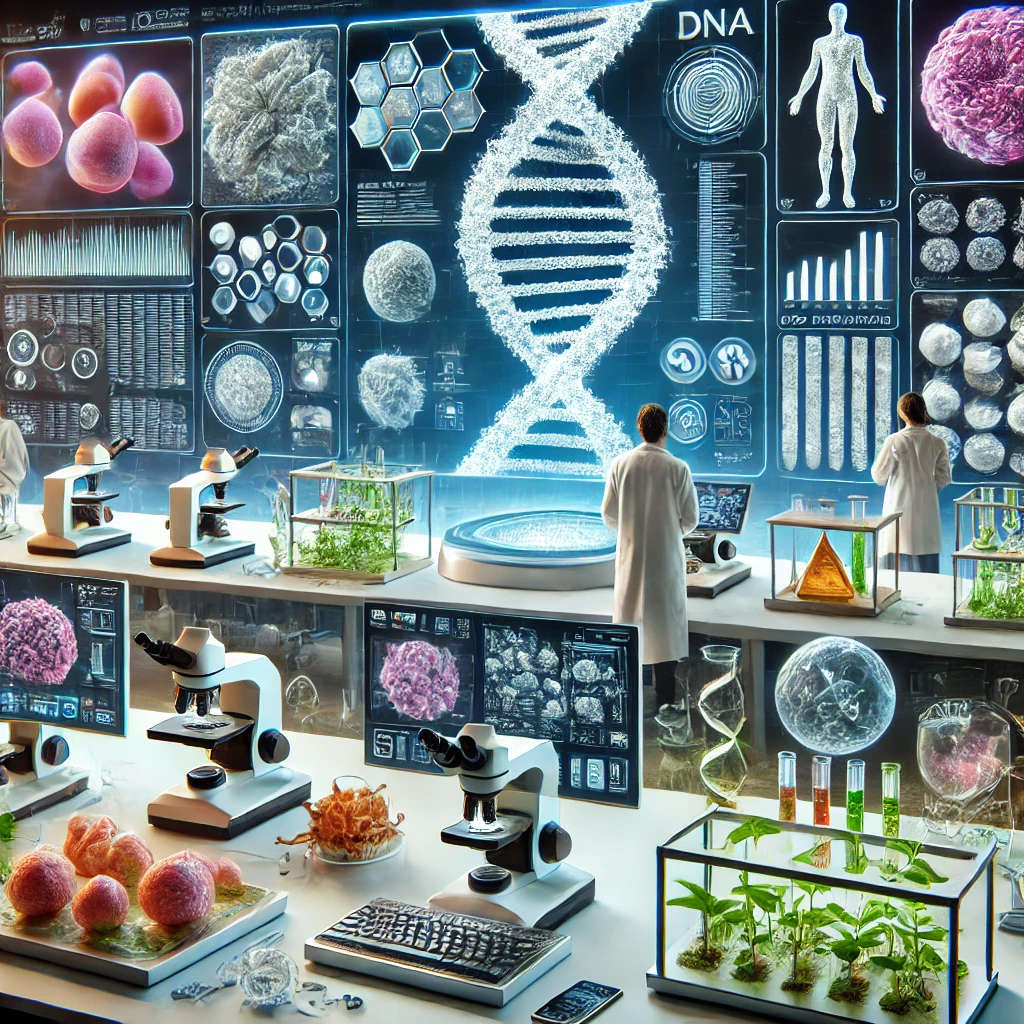What does bioengineering do?
Article Source: What Does Bioengineering Do?

Why you should care
Bioengineering combines biology and technology to solve real-world problems. From creating new medicines to developing sustainable farming practices, bioengineering is crucial for improving health, food security, and environmental sustainability. With an ever-growing population, innovative solutions in this field can help ensure a better future for everyone.
Answering the question… What does bioengineering do?
Bioengineering uses principles from biology and engineering to design and create products that improve lives. This can include developing medical devices like artificial organs, enhancing crops to withstand pests, or creating biofuels. For example, researchers are working on genetically modified crops that can increase yields by up to 30% while using less water. This shows the potential of bioengineering to address critical global challenges.
How was the study done?
The research involved reviewing existing bioengineering projects and their impacts on health and the environment. Scientists gathered data from experiments, case studies, and interviews with professionals in the field. They analyzed successful applications of bioengineering and identified key trends in innovation and technology that can lead to further advancements.
What was discovered?
- Medical Advances: Bioengineered devices like insulin pumps have transformed the lives of over 8 million people with diabetes globally, significantly enhancing their quality of life by allowing for better blood sugar control. Additionally, artificial organs, like bioengineered hearts, have been developed and tested, showing up to 95% compatibility in initial trials.
- Genetic Modifications: Genetically modified organisms (GMOs) are designed to resist pests and diseases. For instance, studies show that Bt cotton reduces pesticide use by 65%, resulting in increased yields of up to 50%. In 2020, around 190 million hectares of GMO crops were planted worldwide, highlighting their importance in modern agriculture.
- Biofuels: Bioengineering plays a critical role in developing sustainable fuels. Biofuels derived from algae can reduce greenhouse gas emissions by 70% compared to fossil fuels. Moreover, advancements in enzyme technology have improved the efficiency of biofuel production, enabling a yield increase of 40% in recent projects.
- Environmental Impact: Bioengineering techniques can restore ecosystems by engineering microbes to detoxify contaminated sites. For example, genetically modified bacteria have been used successfully to clean up oil spills, reducing recovery time by 30-50%. Such technologies not only help in environmental recovery but also provide cost-effective solutions for industries.
Why does it matter?
The discoveries in bioengineering have far-reaching implications for health, food security, and the environment. As the world's population grows, finding innovative solutions to pressing challenges becomes essential. Bioengineering offers hope for sustainable practices that can improve lives while protecting our planet. Understanding its potential can inspire further research and investment in this transformative field.
For more information, check out the article here.
